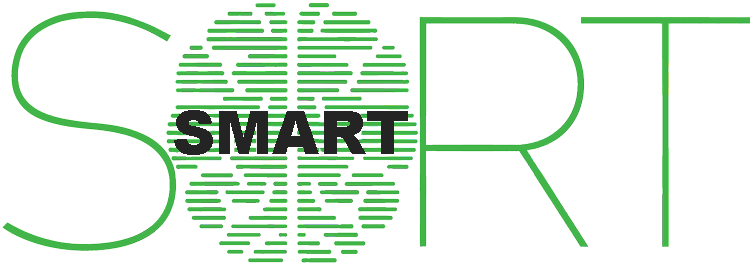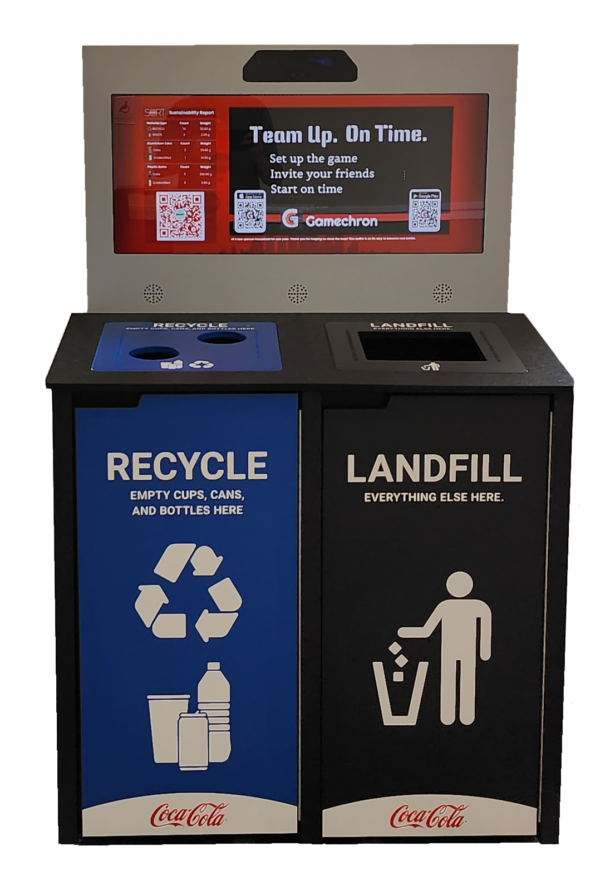In the face of mounting environmental challenges, finding innovative solutions to transform waste into valuable resources has become imperative. Traditional waste management methods often fall short of fully maximizing the potential of recyclable materials. However, with the advent of artificial intelligence (AI) in recycling bins, we are witnessing a transformative shift. AI-powered recycling bins, also known as smart bins, are revolutionizing waste management by turning trash into treasure. In this blog post, we will explore how AI recycling bins are leveraging advanced technologies to extract value from waste and create a more sustainable future.
AI recycling bins utilize cutting-edge technologies, such as sensors, cameras, and machine learning algorithms, to accurately sort different types of waste. These smart bins can identify and separate materials like paper, plastic, glass, and metal with unparalleled precision. By efficiently sorting waste at the source, AI recycling bins ensure that valuable resources are not lost to contamination or landfilling. This advanced sorting technique enables the extraction of maximum value from recyclable materials, paving the way for a more sustainable and resource-efficient future.
AI recycling bins play a vital role in promoting resource recovery. By accurately sorting waste, these smart bins facilitate the reclaiming and reprocessing of valuable materials. Rather than being discarded or incinerated, recyclable materials are redirected to appropriate facilities for further processing. This enables the transformation of waste into raw materials that can be used in the production of new products, reducing the demand for virgin resources. AI recycling bins actively contribute to the circular economy by promoting resource conservation and minimizing waste generation.
AI recycling bins inspire innovation and upcycling by recognizing the untapped potential within waste. By sorting different materials, these smart bins identify items that can be repurposed or transformed into new products. For example, plastic bottles can be transformed into textiles, or glass can be crushed and used in construction materials. By encouraging the exploration of creative ways to repurpose waste, AI recycling bins foster a culture of innovation and contribute to a more sustainable and circular economy.
AI recycling bins not only contribute to environmental sustainability but also generate economic benefits. By turning waste into valuable resources, these smart bins create opportunities for businesses involved in recycling and resource recovery. The increased demand for recycled materials stimulates the growth of recycling industries, leading to job creation and economic development. AI recycling bins not only contribute to a greener planet but also support a thriving green economy.
The impact of AI recycling bins extends beyond the economic realm. By diverting waste from landfills and reducing the demand for virgin resources, these smart bins significantly reduce the environmental footprint associated with waste management. The extraction and production of new materials contribute to deforestation, habitat destruction, and increased greenhouse gas emissions. However, AI recycling bins mitigate these impacts by conserving resources, reducing energy consumption, and curbing pollution. They play a crucial role in preserving ecosystems, combating climate change, and creating a healthier planet for future generations.
AI recycling bins are transforming waste management practices by turning trash into treasure. Through advanced sorting techniques, promoting resource recovery, encouraging innovation and upcycling, generating economic benefits, and conserving the environment, these smart bins are revolutionizing the way we perceive waste. By harnessing the power of artificial intelligence, we can unlock the potential of recyclable materials, create a more sustainable future, and ensure that nothing goes to waste. From trash to treasure, AI recycling bins are leading the way towards a circular economy and a greener planet.




